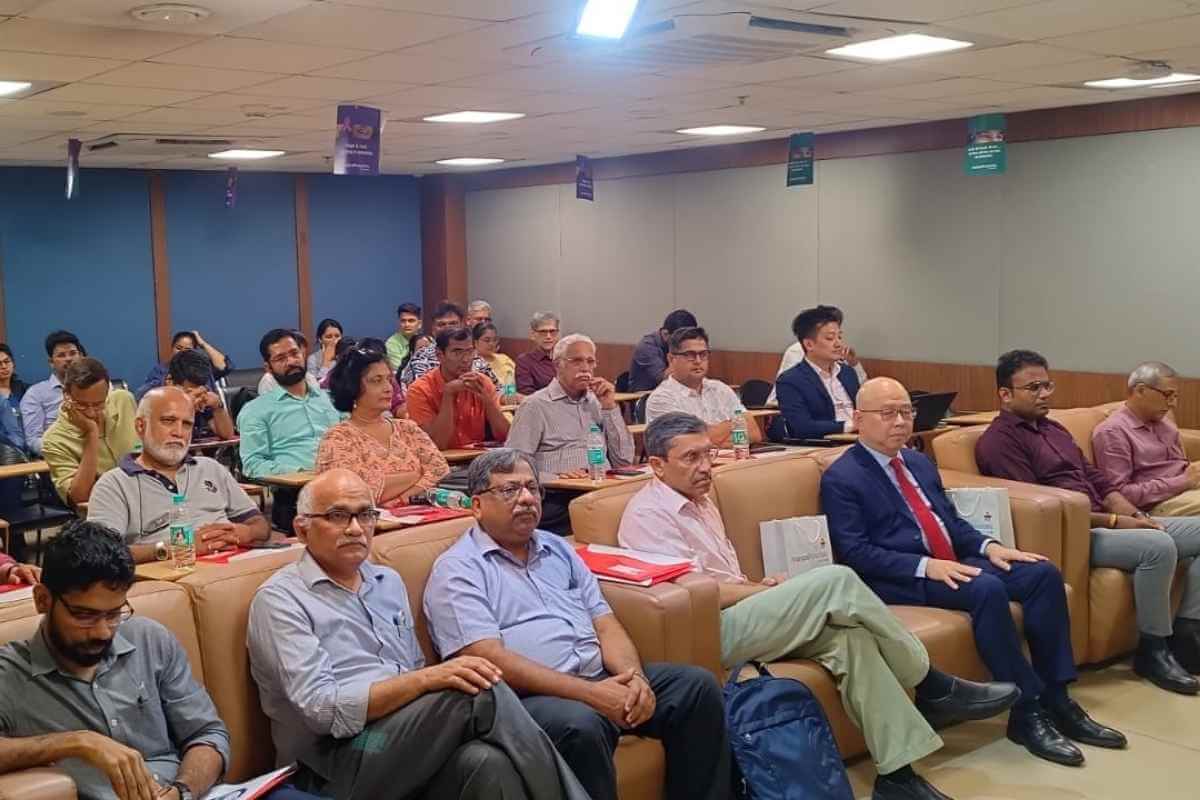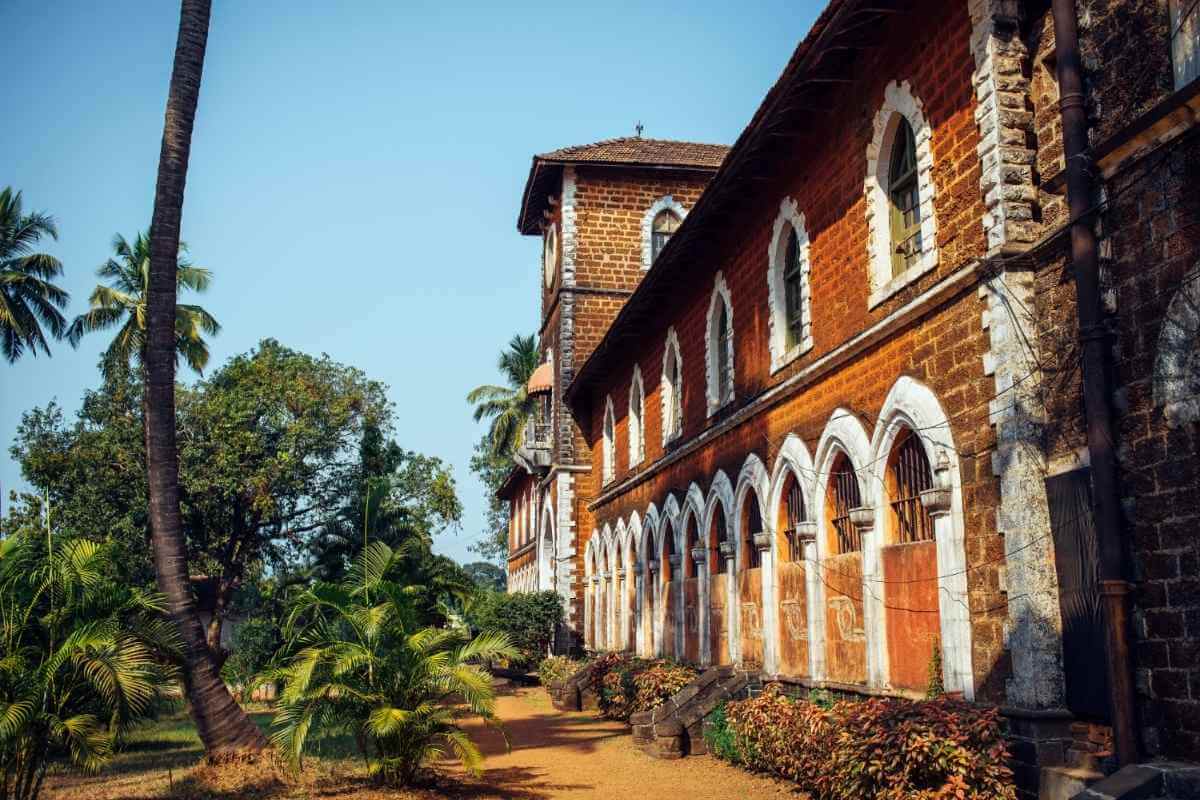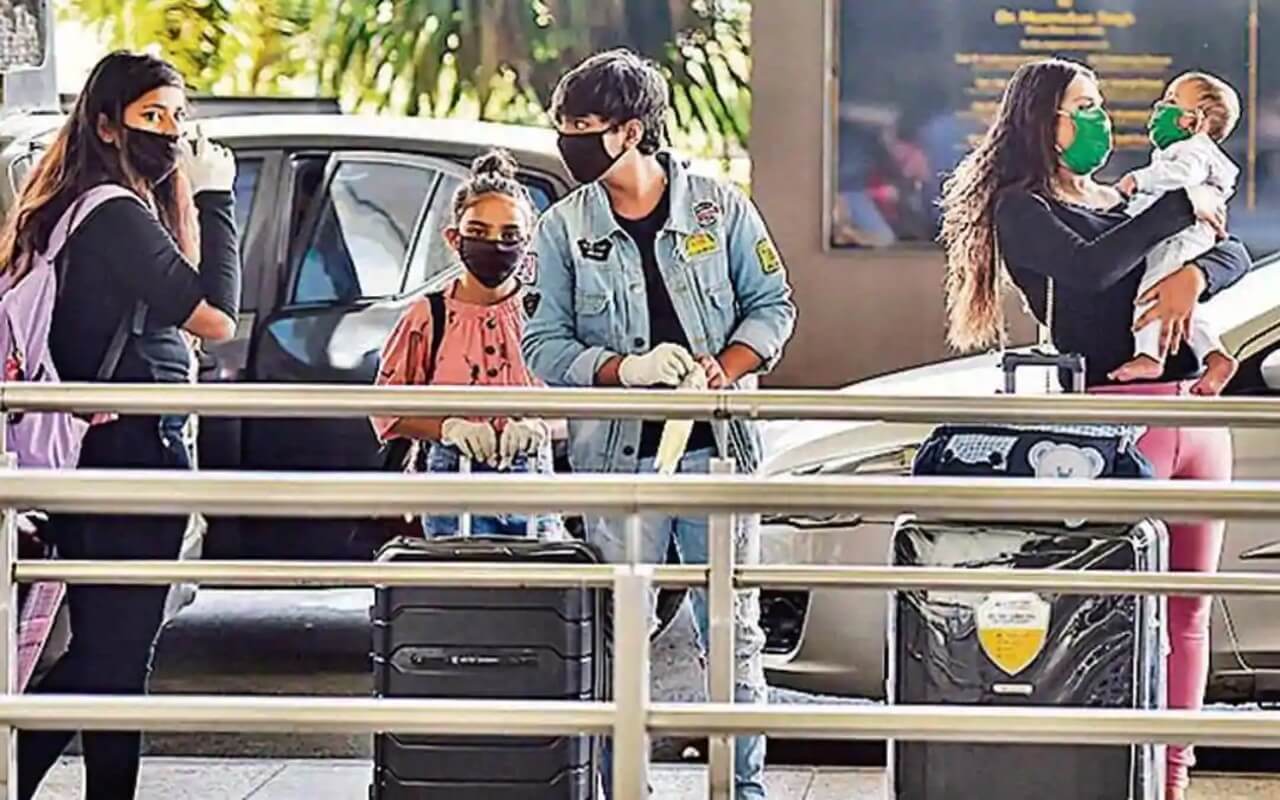The development comes at the cost and rampant development in the capital city of Goa without proper infrastructure has left the city into the state of misery. There is a lack of water supply no proper drainage and the huge load on the electricity. Now you may wonder how the plush luxury housing complexes can become the reason for spreading Dengue and Malaria, let us take a look at the following report.
We are well aware that vector-borne deceases such as Dengue and Malaria needs a breeding ground and that is nothing but the stagnant water and most of the time we have considered that the slum area is the reason behind this breeding process but if think that then we are wrong, the huge housing complexes built around the posh locations of Miramar and Caranzalem have become the breeding grounds for the Dengue and Malaria.
After reeling under severe water crisis for a week, Panaji has a new problem to contend with. Close to 22 suspected cases of dengue in the capital city have sent the citizens in a tizzy. A close inspection in and around the city by health officials has revealed that even the more affluent sections of the state capital have mosquito breeding sites.
Dengue mosquitoes were found breeding even in the most unlikely places, like water fountains, plastic chairs, flower pots with plates under them and even in an unused fish tank. In Panaji, 22 cases of dengue were reported till Monday, mostly from areas in Miramar and Tonca.

A health official stated that in some housing colonies in upscale parts of the state they also found dengue mosquitoes were breeding in dumped waste. Deputy Director in charge of the vector-borne disease control program, Dr. Anant Palekar said they are not in a position to control dengue without the people’s cooperation.
He said, “We receive two to three cases of suspected dengue every day. However, we haven’t come across any outbreak of the disease. In most cases we found dengue mosquitoes thriving in flowering plots, water fountains, water stored in bottles and containers,” Palekar said.
At one residence in Panaji, health workers found Aedes aegypti, the mosquito that spreads dengue fever, breeding in water accumulated in chairs left in the garden.
In all such cases, Palekar said, health workers assigned to the area immediately destroy the breeding source. They also go house to house to spread awareness among the people.

At a house in Vasco, mosquitoes were found breeding in a fish tank that had no fish, Palekar said. The residents of the house said that they had forgotten to discard the water from the tank.
Palekar also added that one of the reasons for the dengue cases seen in Panaji was the week-long water scarcity witnessed in the city. Tiswadi and parts of Ponda were reeling under a severe water crisis after two major water pipelines were washed away at Curt-Ponda.
When there is no water supply or irregular water supply, people tend to store water in every container possible, thus enabling the dengue causing mosquitoes to breed. This kind of mosquito breeds in clean water.
Palekar stated that stored water should not be left open and containers used for storing water need to be emptied once a week and cleaned thoroughly before filling.
The directorate of health services conducted fogging at the Cujira school complex on Monday, as well as in Merces, where suspected dengue cases were detected.
So now that we know how the plush residential complexes contribute towards the breeding of Dengue and Malaria it will be good to stop the practices that will give a boost to the deceases.
Source: TOI


























